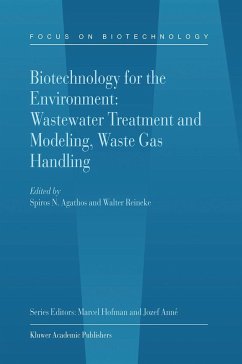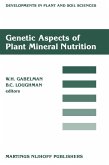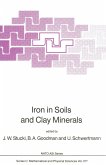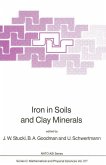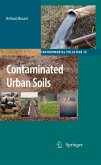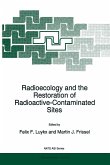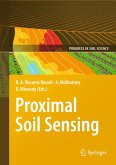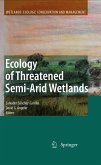At the dawn of the 21st century, biotechnology is emerging as a key enabling technology for sustainable environmental protection and stewardship. Biotechnology for the Environment: Wastewater Treatment and Modeling, Waste Gas Handling illustrates the current technological applications of microorganisms in wastewater treatment and in the control of waste gas emissions. In the first section of the book special emphasis is placed on the use of rigorous mathematical and conceptual models for an in-depth understanding of the complex biology and engineering aspects underlying the operation of modern wastewater treatment installations. The second part addresses waste gas biofiltration, an expanding biotechnological application of microbial metabolism for air quality assurance through processes ranging from the abatement of hazardous volatile pollutants to the elimination of nuisance odors. It will be a valuable reference source for environmental scientists, engineers and decision makers involved in the development, evaluation or implementation of biological treatment systems.
For more information on Strategy and Fundamentals, see Focus on Biotechnology, Volume 3A, and for more information on Soil Remediation, see Focus on Biotechnology, Volume 3B.
For more information on Strategy and Fundamentals, see Focus on Biotechnology, Volume 3A, and for more information on Soil Remediation, see Focus on Biotechnology, Volume 3B.

